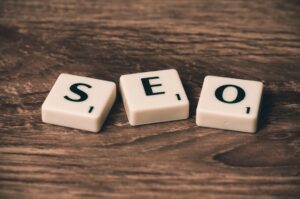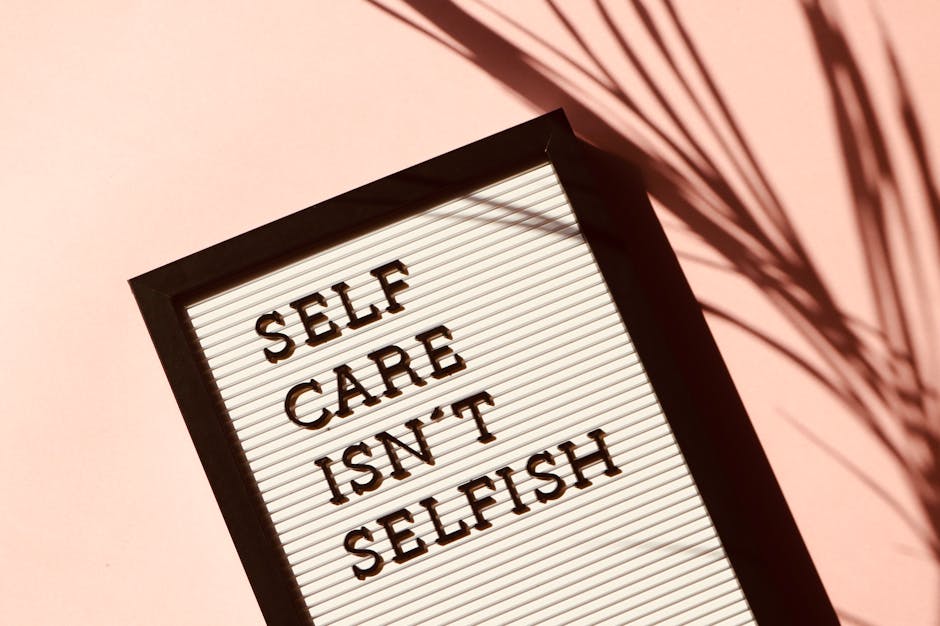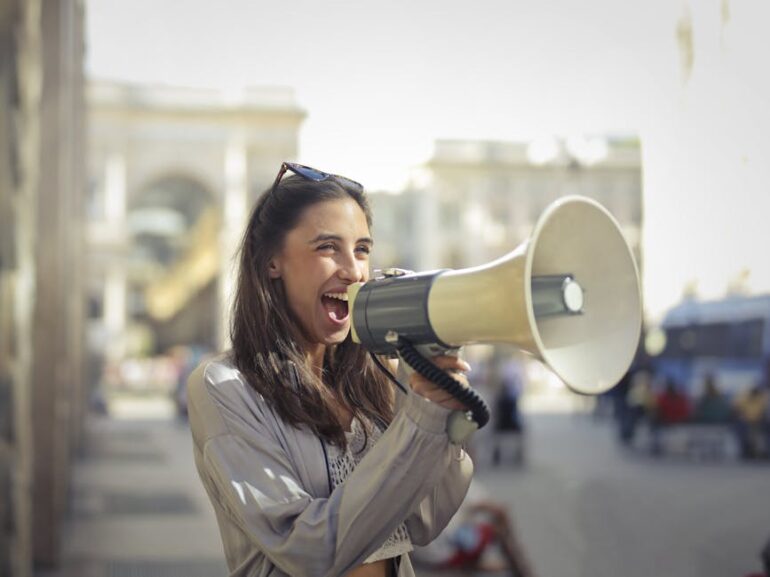Table of Contents
Did you know that studies show teens who spend more than 3 hours a day on social media are at a higher risk for mental health problems? With social media becoming an ever-present part of our lives in 2025, it’s crucial to understand its impact on our well-being. This post is designed to help you navigate the complex relationship between social media and mental health, offering practical tips and insights for a healthier online experience.
How Does Social Media Actually Affect Mental Health?
Social media’s effects are a mixed bag. On one hand, it can connect us with loved ones, provide access to information, and offer platforms for support. On the other, it can contribute to feelings of inadequacy, anxiety, and depression. It’s important to be aware of both sides so that you can use social media in a way that boosts your mental well-being rather than detracts from it.
The Good Side of Social Media
Connection and Community:Social media allows you to stay in touch with friends and family, especially those who live far away. Online communities can also provide support and a sense of belonging, particularly for individuals who may feel isolated.
Access to Information:Social media can be a powerful tool for learning and staying informed about current events, hobbies, and interests.
Creative Expression:Social media provides a platform for sharing your thoughts, ideas, and talents with the world.
The Dark Side of Social Media
Comparison and Insecurity: The curated and often unrealistic portrayals of life on social media can lead to feelings of envy, low self-esteem, and body image issues.
Cyberbullying:Social media can be a breeding ground for online harassment and bullying, which can have devastating effects on mental health.
Fear of Missing Out (FOMO): Seeing others’ exciting experiences on social media can trigger feelings of FOMO, leading to anxiety and dissatisfaction with one’s own life.
Addiction:Social media platforms are designed to be addictive, with notifications and constant updates that keep users hooked. This can lead to neglecting other important aspects of life, such as sleep, exercise, and real-world relationships.
Practical Strategies for a Healthier Social Media Experience
Okay, so you know social media can be a double-edged sword. What can you actually do about it? Here’s a step-by-step guide to help you cultivate a healthier relationship with social media:
1. Be Mindful of Your Usage: Start by tracking how much time you spend on social media each day. Many smartphones and apps have built-in features that show your usage patterns. Once you know how much time you’re spending, you can set realistic limits.
2. Curate Your Feed: Unfollow accounts that make you feel bad about yourself. This includes accounts that promote unrealistic beauty standards, showcase overly luxurious lifestyles, or spread negativity. Instead, follow accounts that inspire you, make you laugh, or offer valuable information. Remember, you’re in control of what you see!
3. Engage in Real-Life Activities: Make time for activities that bring you joy and connect you with the real world. This could be anything from spending time with friends and family to pursuing hobbies or volunteering. The more you invest in real-life experiences, the less reliant you’ll be on social media for validation and connection.
4. Practice Self-Care: Prioritize your physical and mental health by getting enough sleep, eating nutritious foods, exercising regularly, and practicing relaxation techniques like meditation or deep breathing.
5. Set Boundaries: Establish clear boundaries around your social media usage. This might mean turning off notifications, avoiding social media before bed, or designating specific times of day for checking your accounts.
6. Take Breaks: Don’t be afraid to take breaks from social media altogether. A digital detox can help you reset your perspective and reconnect with yourself and the world around you.
7. Remember the Highlight Reel: Keep in mind that people typically only share the best versions of themselves on social media. Don’t compare your everyday life to someone else’s curated online persona.
Common Mistakes to Avoid
It’s easy to fall into traps when it comes to social media. Here are a few common mistakes to steer clear of:
Endless Scrolling: Mindlessly scrolling through social media can be a huge time-waster and can contribute to feelings of anxiety and depression.
Comparing Yourself to Others: As mentioned earlier, comparing yourself to others on social media is a surefire way to damage your self-esteem.
Seeking Validation Online: Relying on likes and comments for validation can be addictive and ultimately unsatisfying.
Engaging in Online Arguments: Getting into heated arguments on social media can be stressful and unproductive.
Ignoring Red Flags: If you’re feeling overwhelmed, anxious, or depressed as a result of social media, it’s time to take action.
Tools to Help Manage Your Social Media Use
Fortunately, there are several tools available to help you manage your social media usage and protect your mental health:
Usage Trackers: Apps like Freedom, RescueTime, and Moment track the time you spend on different apps and websites.
App Timers: Most smartphones have built-in app timers that allow you to set daily limits for specific apps.
Website Blockers: Website blockers like StayFocusd and Cold Turkey can prevent you from accessing distracting websites.
Social Media Management Tools: Tools like Buffer and Hootsuite allow you to schedule posts in advance, reducing the need to constantly check your accounts.
Expert Insights on Social Media and Mental Health
Mental health professionals are increasingly recognizing the impact of social media on well-being. Here are some key takeaways from expert research:
“Social media use has been linked to increased rates of anxiety, depression, and loneliness, particularly among young people.” – The American Psychological Association offers helpful resources and articles on the topic.
“It’s important to be mindful of how social media affects your mood and self-esteem. If you’re feeling negative emotions, take a break.” – Dr. Jenny Teasdale, psychiatrist.
| Feature | Benefit | Risk | |
|---|---|---|---|
| :————- | :———————————————————————————- | :————————————————————————————————— | |
| Connection | Staying in touch with friends and family, finding support groups | Spending too much time online, neglecting real-life relationships | |
| Information | Accessing valuable knowledge and resources, staying informed about current events | Exposure to misinformation, overwhelming information overload | |
| Self-Expression | Sharing your thoughts and ideas, showcasing your talents | Fear of judgment, online harassment |
Key Takeaways for a Healthier Social Media Life
Be mindful of your social media usage and set realistic limits.
Curate your feed to focus on positive and inspiring content.
Engage in real-life activities to balance your online life.
Prioritize your physical and mental health through self-care.
Remember that social media often presents a distorted view of reality.
FAQs About Social Media and Mental Health
How can social media affect mental health negatively?Social media can lead to feelings of inadequacy due to comparisons with others, cyberbullying, fear of missing out (FOMO), and addiction, contributing to anxiety and depression.
How can social media affect mental health positively?Social media can provide connection and community, access to information, and a platform for creative expression, which can boost feelings of belonging and support.
How can I reduce the negative impact of social media on my mental health? You can reduce the negative impact by being mindful of your usage, curating your feed, engaging in real-life activities, practicing self-care, and setting boundaries.
What are some signs that social media is negatively affecting my mental health? Signs include feeling anxious, depressed, or insecure after using social media, constantly comparing yourself to others, and neglecting other important aspects of your life.
Are there resources available to help me manage my social media use and mental health? Yes, there are apps and tools to track usage, block distracting websites, and schedule posts. Additionally, mental health professionals can provide guidance and support. Websites like the National Alliance on Mental Illness (NAMI) also offer resources.
Start Taking Control of Your Social Media Today
Social media is a powerful tool that can be used for good or bad. The key is to be mindful of how it affects you and to take steps to cultivate a healthier relationship with it. Don’t let social media control you; take control of your social media!
So, how will you start improving your relationship with social media today? Share your thoughts and strategies in the comments below! Let’s build a supportive community focused on mental health and well-being in the digital age. Check out this article about the positive impacts of social media for connection and community. Another resource you might find helpful is this research on how screen time impacts mental health.

















